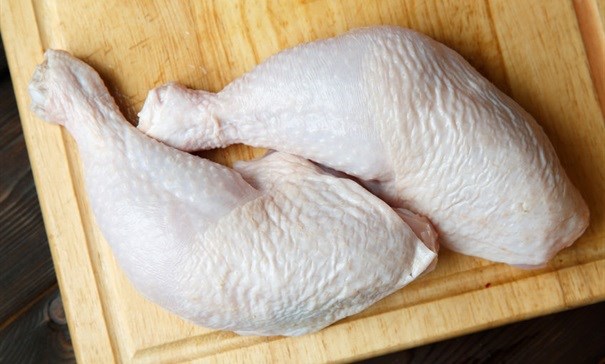
The FairPlay Movement wants to know who are these importers, who buy low and sell high, profiting at the expense of the poorest of the poor? Why have they not been investigated, named and shamed?
The movement is an international anti-dumping organisation, founded to stop the predatory, unlawful trade practice that is crippling a South African industry that provides work to around 130,000 people.
Founder Francois Baird, says, “Dumping, is a job-destroying business and it is happening right under our noses. How ironic is it that in a country with probably the highest unemployment rate in the world, much money can be made by putting people out of work.”
It is not the consumers who benefit, as dumping defenders like to claim, importing cheap does not mean selling cheap. You sell dumped chicken just below the retail price, stealing market share, putting local producers out of business but ensuring a profit. It must be a great business: some 240,000 tonnes of chicken pieces were imported into South Africa last year, according to official figures. Much of this was dumped – sold to importers for less than it costs to produce, in contravention of world trade rules and all of it was profitable, because selling prices are high. Importers run private businesses. They do not reveal what they pay for dumped chicken, what they sell it for, or to whom.
However, in round figures, SA Revenue Service figures tell us that importers have been paying about R15/kg for bulk frozen chicken pieces from the EU. This translated into the average retail selling price of just under R30/kg in South Africa in 2016.
Of course there are costs. Transport, insurance, agents, warehousing and other fees have to be paid, and retailers take their cut. However, there is clearly lots of profit, at the expense of South African jobs. This moneymaking value chain starts with chicken producers in the EU and South America. Their market is northern hemisphere consumers, who prefer chicken breasts. These premium portions cover costs and ensure a profit, leaving a huge surplus of unwanted leg portions – the drumsticks and thighs popular in South Africa and elsewhere.
These ‘surplus’ chicken pieces are stored in bulk freezers and sold off cheaply in frozen bulk – snapped up by the opportunistic importers at rock-bottom prices. In a ruthless profit-chasing game, this frozen bulk is defrosted, repackaged and often refrozen before being sold on, after adding a fat margin. South African consumers do not know where it comes from, whether it is safe or anything else about that supposed bargain. Moreover, the importers do not care, while they pocket their profits. Who are these people? The public does not know, because details are not public.”
The Association of Meat Importers and Exporters (AMIE) represent importers. Its chief executive, David Wolpert, is a fierce critic of the notion that dumped chicken imports are killing the local industry. AMIE used to say, “Do not blame us, the problem is that local chicken producers are inefficient and uncompetitive.” Now it has changed its tune in the glare of the facts.
The fact is that the local industry is very efficient and highly competitive. However, no industry, no matter how efficient, can compete against dumped imports. In addition, every time a South African worker in the chicken industry loses a job because of dumping, the importers win. The more they gain market share, the more profit to be made.
Importing is a rapidly growing business – chicken imports have trebled in the last few years, and imports from the EU in particular have shot up. Imported leg quarters are now roughly 25% of the retail market. No wonder local producers are forced to cut back. Importers have helped to precipitate that crisis.
“This is why FairPlay is calling for a thorough public investigation into the importing business and the profits made from buying dumped chicken and destroying South African jobs,” concludes Baird.